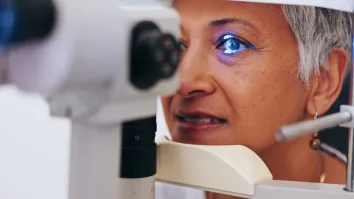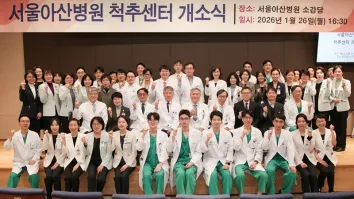
Bangkok hospitals’ value-based care improves service, patient outcomes
Hospital director explains how this approach boosts hospital efficiency whilst managing costs.
The question of whether hospitals can provide the best services at costs reasonable to both management and patient is best answered by this non-mystical formula: a value-based healthcare framework.
This line of approach was discussed convincingly at the Healthcare Asia Summit 2024 in Singapore last March by one of the top honchos of the Bangkok Hospital Pattaya and Jomtien Hospital in Thailand.
Hospital Director Piyaporn Thipayarat stressed the importance of making sure these hospitals provide the best services whilst controlling their finances. “We wrote a roadmap in our hospital to implement value-based healthcare. The first thing that we have to do is that we have to restructure our organisation,” she said.
Thipayarat said they first redesigned their system by streamlining the units starting with the heart and neuro centres. Related units were placed under one minister for efficiency.
The hospitals also adopted a condition-based approach to patient management. This focuses on the entire journey from prevention to rehabilitation.
For instance, Atherosclerotic Cardiovascular Disease patients — those suffering from “hardening of the arteries” — who are aged above 35 were screened and categorised depending on their condition.
This allowed doctors to pinpoint specific interventions across nutrition, exercise, and medical treatment, depending on the patients’ needs, she said.
If an operation will be conducted, Thipayarat said they contact the patient as early as a month before. During this period, she said they provide teleconsultation, a time well spent in educating the patient regarding the procedure.
Measuring success
Since all these are a planned-out approach, Thipayarat stood confident that their strategy has helped them shorten the days patients needed to recover at both the Bangkok Hospital Pattaya and Jomtien Hospital.
Waving the numbers at the Singapore summit, she said that 65% of cardiac surgery patients were discharged within five days in 2022. This increased to 70% in 2023.
But that’s not all. The readmission rate also declined to 2.6% from 4.2% in the succeeding year, said Thipayarat.
When the value-based approach was applied to stroke patients, 75% said their quality of life improved within 30 days post operation. Around 81% were able to take care of themselves within 90 days, she added.
After one year, the hospital director said they recorded a 99% recovery rate amongst stroke patients. Banking on this performance, Thipayarat said their Thai hospitals hope to expand their value-based healthcare model to other services and hospitals.
“We can create the ecosystem with the patient. It's not only caring for the patient with the same protocol in the whole region, but across the country and maybe another country, too,” she said.



















 Advertise
Advertise







